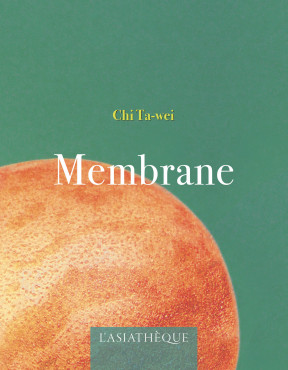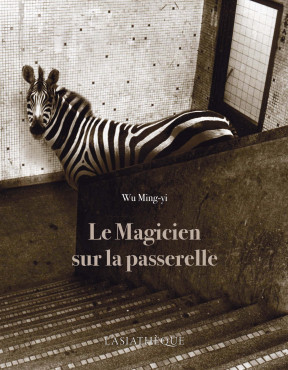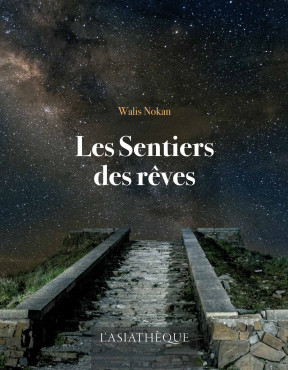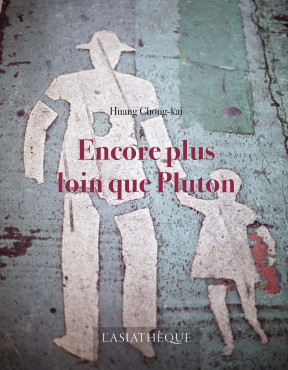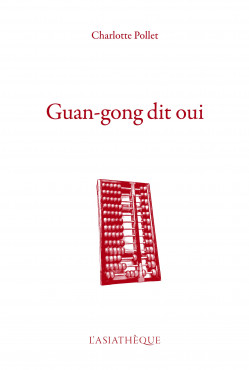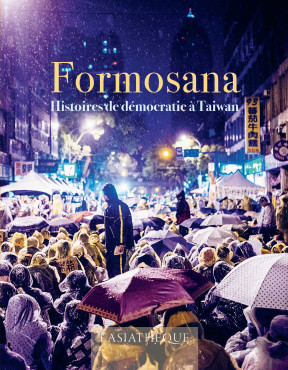Alexandre Beliaev
A medical student, Marie Laurane, was recruited by Doctor Kern to watch over the living head, separated from its trunk, from Professor Dowell ... A novel about the relationship of mind to body published in 1926.
Stéphane Corcuff
A researcher based in Taiwan is faced with the discovery of a funeral tablet in an abandoned house. His life and conscience are turned upside down: the spirits and ghosts of Taiwan and China visit him, surround him and testify of their history.
Chi Ta-Wei
In T-city futuristic underwater city, Momo is a young beautician suffering from a serious illness, who lives by proxy by applying to her patients an M-Skin, a membrane that protects the skin against external aggressions, and transmits their carnal experiences to the young woman without their knowledge. In this artificial world, identities and sexes are transformed and reinvented ...
Jane Jian et al.
Collection of short stories from major authors of the contemporary Taiwanese scene offering a portrait of the city of Taipei, its architecture, its colors, its flavors and its scents.
Wu Ming-yi
A collection of ten short stories which have for guiding the evocation of a magician installed in the heart of the Taipei market. The narrator, a young child, searches for all those who may have had contact with this character to collect their testimony. Good book award 2012.
Walis Nokan
160 micro-fictions of less than a page in which humor and poetry, real and imaginary intermingle. The Taiwanese writer offers a succession of stories and dramas drawn from his readings, his intimate experiences, his observation of things and people but also from the Chinese tradition linked in particular to the martial arts.
Huang Chong-kai
A history teacher and a young intellectual lead a quiet but dreary existence, drowning in their solitude despite the presence, real or fantasized, of those around them. They do not know that each is imagining the life of the other. This is the author's first novel.
Charlotte Pollet
'Guan-gong Says Yes' is a tale full of humor and self-mockery. It traces the original journey of a brilliant young woman who channels all her stubbornness into solving a personal equation with several unknown variables, and moreover, in Chinese.
Chi Ta-Wei
Collection of six short stories which question the excesses of contemporary society between technicality and normativity of identities.
Chen Yu-hsuan et al.
Ten texts representative of the Taiwanese literary scene since 1987. The authors address the political history of the island, from Japanese colonization to the process of democratization, as well as its social history, from the aboriginal movements to those defending workers' rights, women, the LGBT community, students or even environmental struggles.


